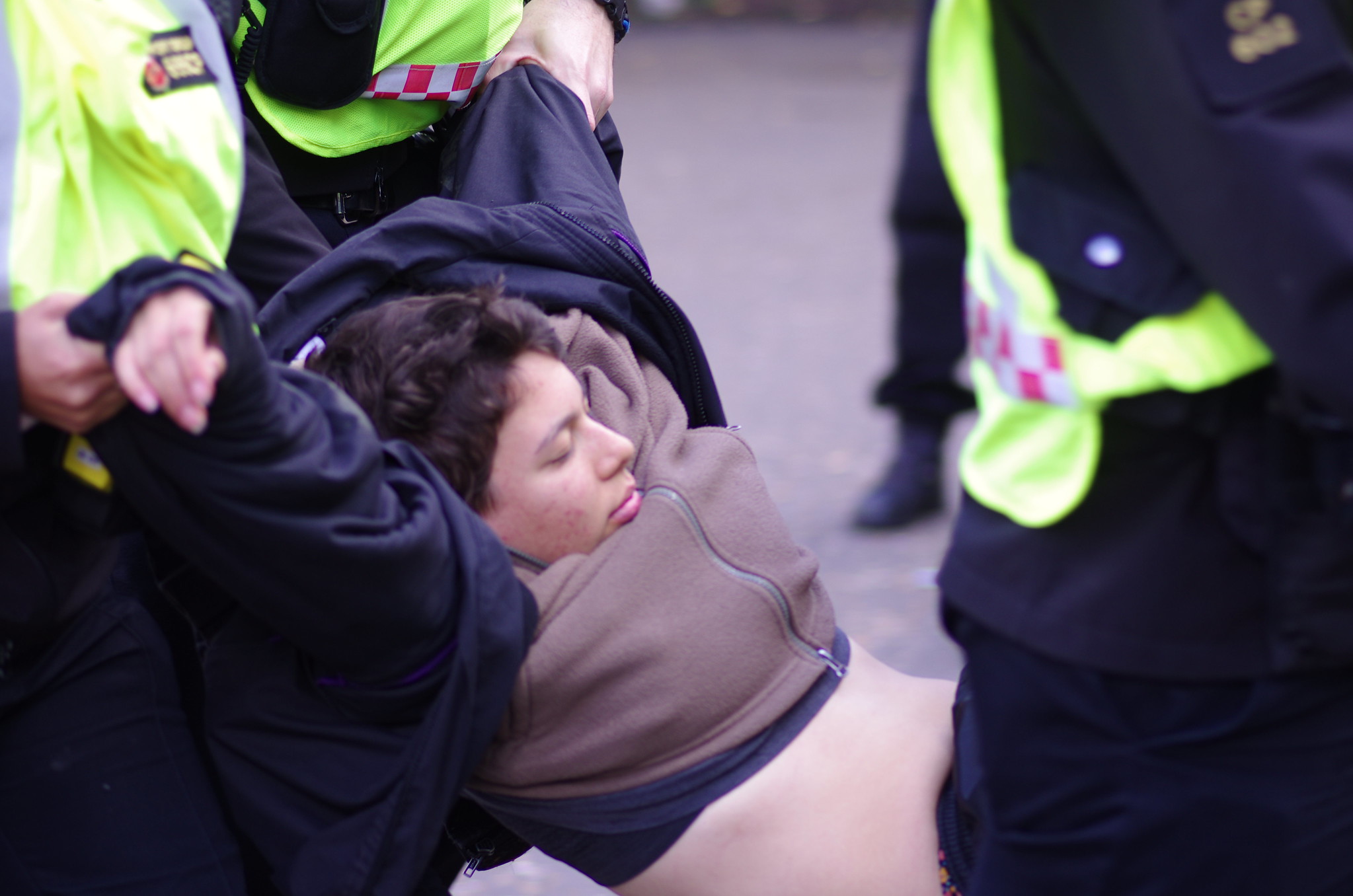The High Court has ruled a police ban stopping climate campaigners Extinction Rebellion (XR) from protesting in London last month unlawful.
The Metropolitan Police, on 14 October this year, imposed the ban on “any assembly linked to” XR’s Autumn Uprising mass civil disobedience campaign.
The ban was made under section 14 of the Public Order Act 1986 and came after protestors flouted an earlier order, which was made under the same law and confined demonstrations to Trafalgar Square.
Human rights groups and MPs, among others, condemned the London-wide ban as an “unlawful” and “draconian” restriction on freedom of expression and assembly.
High Court judges on Wednesday (6 November) quashed the Met’s decision, ruling that it had no power to impose a ban.
Lord Justice Dingemans and Mr Justice Chamberlain determined that Supt Duncan McMillan had misunderstood his powers under section 14 of the 1986 Act.
“In our judgment a public assembly in section 14 must be in a location to which the public or any section of the public has access, which is wholly or partly open to the air, and which can be fairly described as a scene,” it reads.
“Separate gatherings, separated both in time and by many miles, even if co-ordinated under the umbrella of one body, are not one public assembly within the meaning of section 14(1) of the 1986 Act.”
“This means that Superintendent McMillan purported to impose a condition not only on those public assemblies already in existence but also on intended future assemblies yet to be held.
“The [Autumn Uprising] intended to be held from 14 to 19 October 2019 was not a public assembly in the presence of Superintendent McMillan on 14 October 2019.”
More than 1,400 people were arrested in connection with XR’s Autumn Uprising.
The group has three demands: that the government “tell the truth” and declare an ecological climate emergency; that a target of zero carbon by 2025 is adopted by the government; and for the creation of a citizens’ assembly, to decide future policy on the environment.







